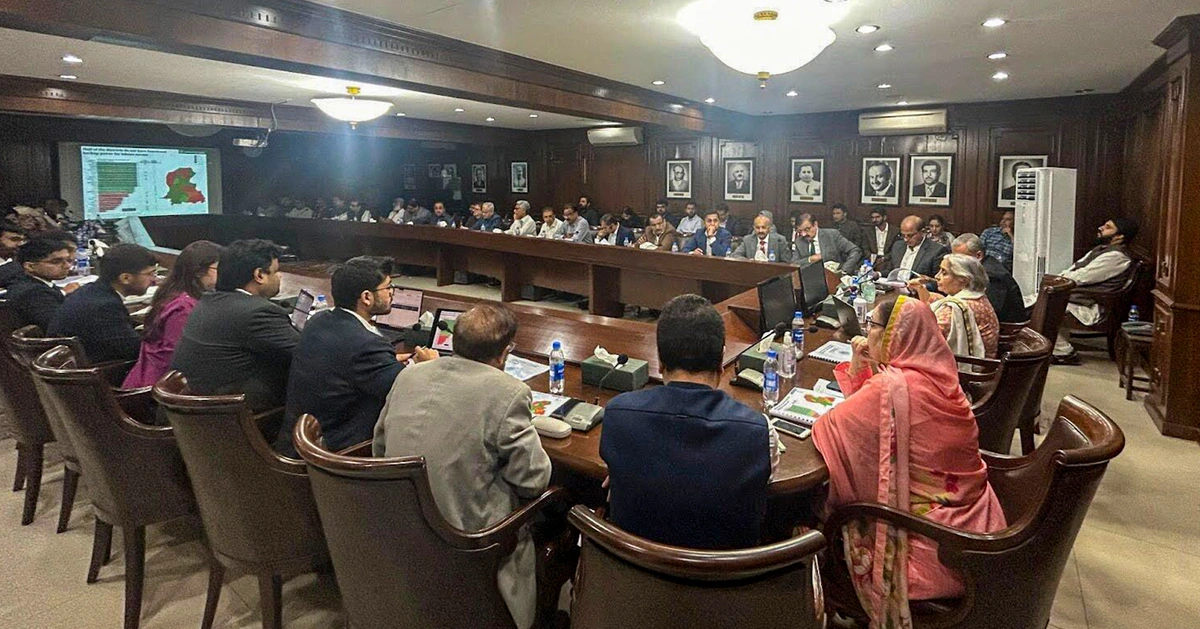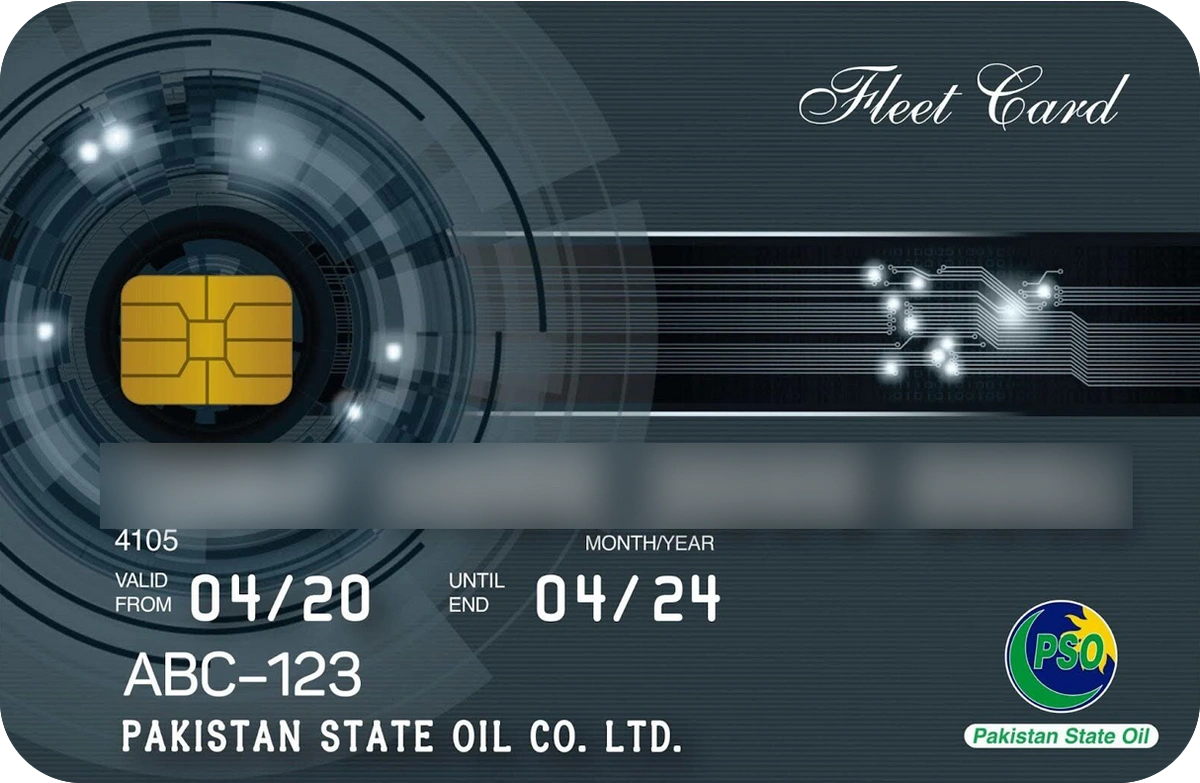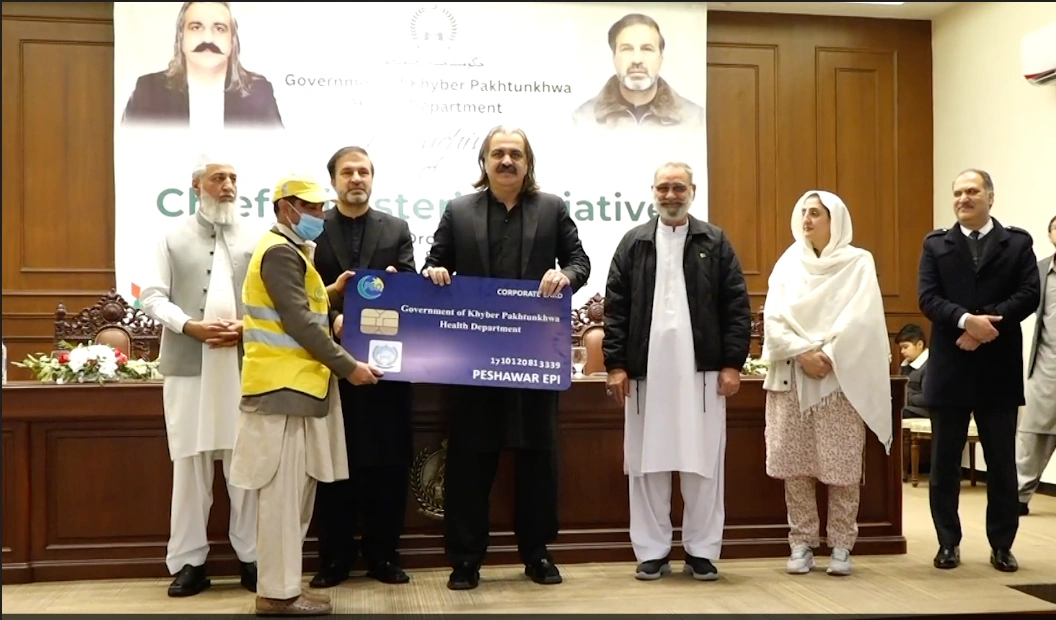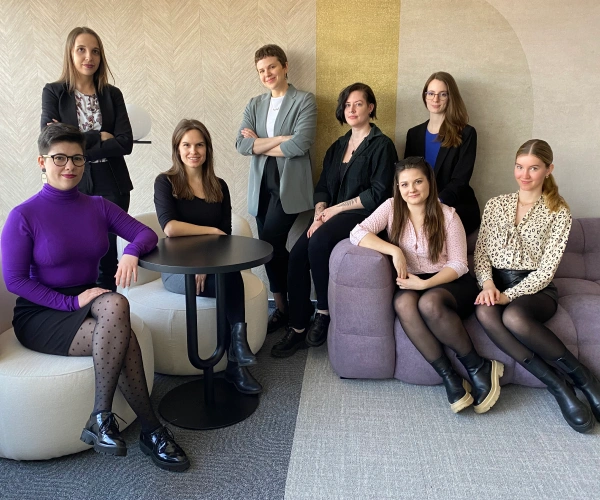
While it is critical to first identify the communities requiring outreach vaccination, providing vaccinators with the resources needed to reach these communities is equally important.
Poor immunisation coverage in low- and middle-income countries is often the result of limited outreach vaccination capabilities. Often needed for the majority of citizens, a limited number of nearby health facilities creates a huge need for vaccinators to directly visit communities. But without expenses being covered, outreach vaccinations cannot take place.
What are digital fuel cards?
Often travelling many kilometres by motorcycle or car to reach communities in need, it is essential that governments support vaccinators with sufficient expenses for fuel and potential vehicle maintenance issues. One way that governments can provide this support is through equipping vaccinators with digital fuel cards. These are payment cards that vaccinators can use to exclusively pay for fuel at fuel stations.
A model fuel card for vaccinators in Pakistan.
The burden that insufficient fuel expenses places on vaccinators
Until mid-2024, vaccinators in Sindh province, Pakistan, were receiving Petroleum, Oil and Lubricants (POL) stipends for covering their cost of fuel in reaching communities. However, the payments received by vaccinators were often too low, with the Health Department unable to track if District Health Offices were correctly releasing funds to vaccinators. One vaccinator revealed to us in early 2024, "I last received 7,000 PKR (around 25 USD) for POL in July 2023, and I have been using my own money for fuel since then. We also don't get any allowance for maintenance of the vehicle, so we cover that out of our own pocket."
Launching fuel cards for vaccinators
After learning about the struggles vaccinators faced, Sindh's provincial government swiftly took action to enhance support for vaccinators. In October 2024, District Health Offices began designating funds for Pakistan State Oil (PSO) accounts. Vaccinators could use fuel cards at any PSO fuel station in the province (of which there are hundreds). Limits were placed at 10 litres per month, doubling previous allowances in many instances. The likelihood of funds being used for alternate purposes has also been reduced, as the Department can now track utilisation of the funds in real time, through PSO's Management Information System dashboard. This data can be used to corroborate geographical vaccinator coverage with POL usage too.
To launch these fuel cards, the Finance Department paid a one-time 30m PKR fee. This covered the issuing of the cards and POL limit increases. So far, launching these cards has resulted in the Department distributing 111m PKR (approximately 400k USD). Every vaccinator in the province has received a fuel card, ensuring they can readily access hard-to-reach communities. Meanwhile, the success of this reform has led to a similar intervention in Khyber Pakhtunkhwa, Pakistan, where the Chief Minister launched fuel cards across all settled districts in January 2025.
The Chief Minister of Khyber Pakhtunkhwa – Ali Amin Gandapur – after announcing fuel cards for vaccinators in the province.
When support for vaccinators is under-prioritised, immunisation for citizens will be directly affected. If vaccinators cannot afford to travel to hard-to-reach communities, then thousands of citizens will go unvaccinated, increasing the risk of epidemics. By introducing fuel cards for vaccinators, the Government of Pakistan has already shown the critical role governments can play in supporting vaccinators and helping citizens as a result.
To learn more about how we help governments reach communities through outreach vaccination, you can read our latest article about supporting hard-to-reach communities in the DRC. You can also connect with us through our Partnerships team at: [email protected].




